My detective father taught me how to attend church as a non-believer.
He did it for many years in many different contexts with both his kids and grand kids. He was willing to attend Catholic Mass as a non-believer in the early 1960’s, and he did it again with his second family at the LDS church near his home. He attended Methodist services with my grandparents and Baptist services with my sister-in-law. He also attended the church I pastor several times. He even served once with us on a service project. He sang the songs and sat quietly during the prayers. If you didn’t know better, you would swear he was a believer. But as a happy atheist, he rejected Christianity (and Mormonism) while he simultaneously embraced these two religions. He rejected their claims related to the existence of God while embracing them as useful delusions. He liked the impact these religions had on his children, and for that he continues to be grateful.
John Steinrucken once wrote an article at The American Thinker entitled “Secularism’s Ongoing Debt to Christianity“. Many Christians have commented on this article because Steinrucken, as a committed atheist, acknowledged the debt that secularists have to the Judeo-Christian culture in America.
“Rational thought may provide better answers to many of life’s riddles than does faith alone. However, it is rational to conclude that religious faith has made possible the advancement of Western civilization. That is, the glue that has held Western civilization together over the centuries is the Judeo-Christian tradition. To the extent that the West loses its religious faith in favor of non-judgmental secularism, then to the same extent, it loses that which holds all else together.
Succinctly put: Western civilization’s survival, including the survival of open secular thought, depends on the continuance within our society of the Judeo-Christian tradition.”
Steinrucken acknowledged what my father has always believed. As an atheist, my father embraces my Christian values wholeheartedly, even while he rejects the God from whom these values come. He served for nearly thirty years in the same occupation in which I have served and now the same profession where his namesake, my son, proudly serves. All of us are cops. Yet my father still fails to see that his love of the law is ungrounded (and therefore unfounded) as an atheist. Steinrucken seems to understand the secular moral dilemma:
“Although I am a secularist (atheist, if you will), I accept that the great majority of people would be morally and spiritually lost without religion. Can anyone seriously argue that crime and debauchery are not held in check by religion? Is it not comforting to live in a community where the rule of law and fairness are respected? Would such be likely if Christianity were not there to provide a moral compass to the great majority? Do we secularists not benefit out of all proportion from a morally responsible society?
An orderly society is dependent on a generally accepted morality. There can be no such morality without religion. Has there ever been a more perfect and concise moral code than the one Moses brought down from the mountain?
Those who doubt the effect of religion on morality should seriously ask the question: Just what are the immutable moral laws of secularism? Be prepared to answer, if you are honest, that such laws simply do not exist! The best answer we can ever hear from secularists to this question is a hodgepodge of strained relativist talk of situational ethics. They can cite no overriding authority other than that of fashion. For the great majority in the West, it is the Judeo-Christian tradition which offers a template assuring a life of inner peace toward the world at large — a peace which translates to a workable liberal society.”
Steinrucken rejects the claims of “religionists”, even as he enjoys the world they have created.
“The fact is, we secularists gain much from living in a world in which excesses are held in check by religion. Religion gives society a secure and orderly environment within which we secularists can safely play out our creativities. Free and creative secularism seems to me to function best when within the stable milieu provided by Christianity.”
My dad would certainly agree. But for my dad to live in a world that benefits from the “useful delusion” of religion, he had to live a life of contradiction and denial; a life that is itself an illusion and a lie. He had to enforce the law as if it was something more than simply a matter of cultural convenience and opinion. He had to deny the source of the law even as he worked to enforce it. Such a pursuit is folly and it is ultimately dangerous. C. S. Lewis said it best in The Screwtape Letters:
“[God] will not be used as a convenience. Men or nations who think they can revive the Faith in order to make a good society might just as well think they can use the stairs of heaven as a shortcut to the nearest chemist’s shop.”
So, how about you? Are you still serving as a police officer and enforcing the law as if it’s only a cultural preference? Are you still living in a world created by God and pretending like it isn’t? Now is the time to investigate the claims of Christianity and make a decision. Christianity is more than useful. It’s true.
J. Warner Wallace is a Dateline featured cold-case homicide detective, popular national speaker and best-selling author. He continues to consult on cold-case investigations while serving as a Senior Fellow at the Colson Center for Christian Worldview. He is also an Adj. Professor of Christian Apologetics at Talbot School of Theology, Biola University, and a faculty member at Summit Ministries. J. Warner presently serves as a chaplain for his agency and holds a BA in Design (from CSULB), an MA in Architecture (from UCLA), and an MA in Theological Studies (from Gateway Seminary).





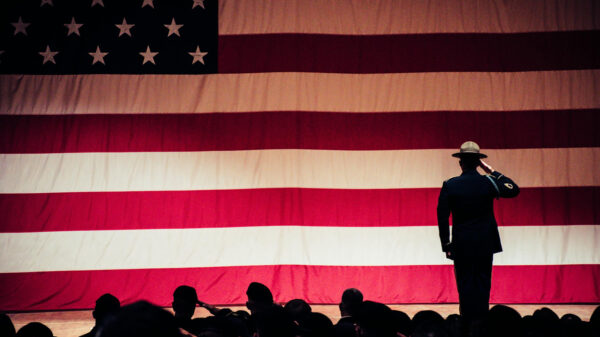





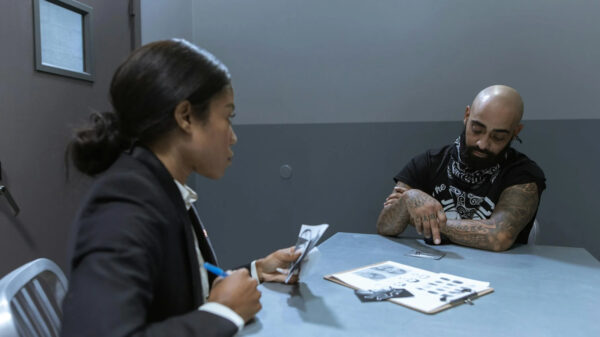
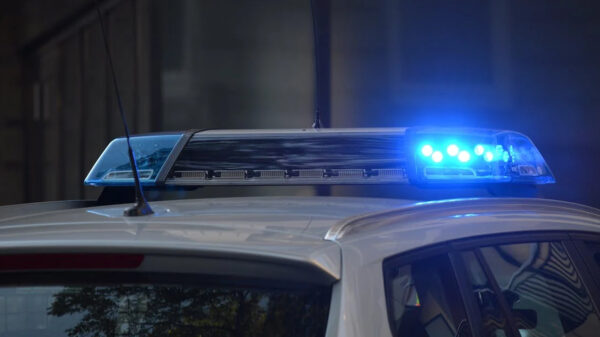

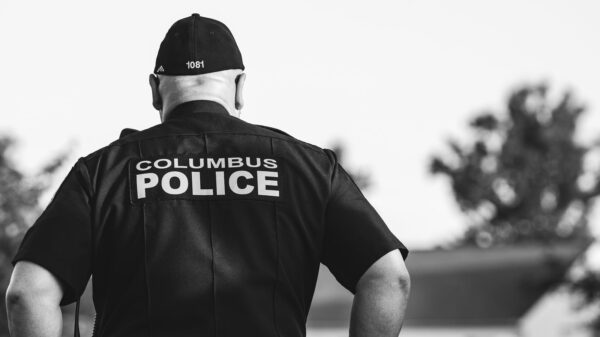
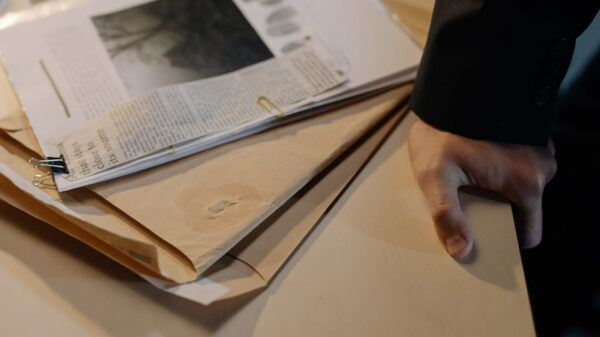
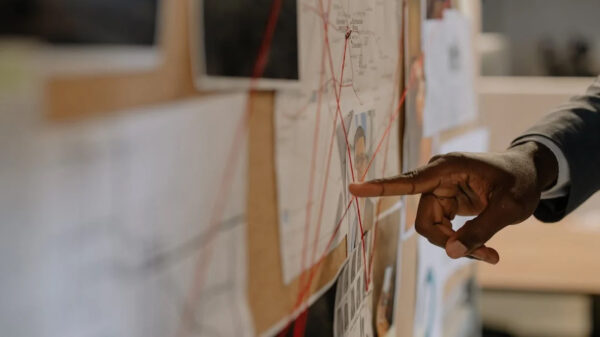


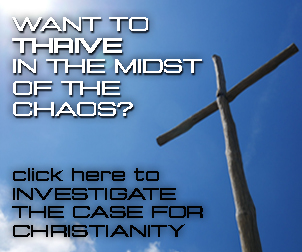


















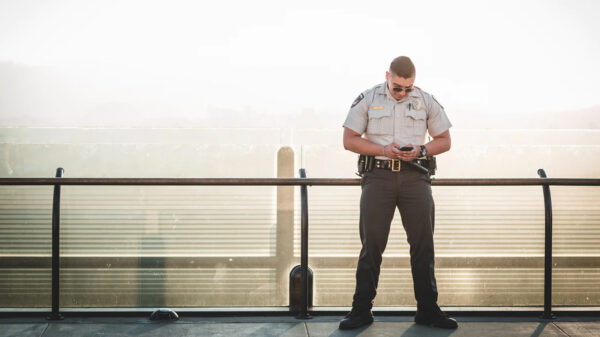



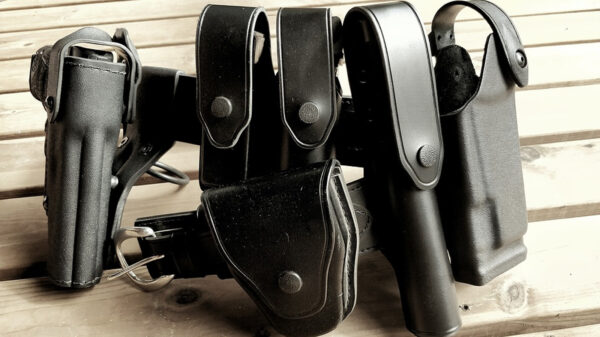


Kelly
December 8, 2023 at 12:32 pm
People who focus on children who die from disease, people from other places who have never had the opportunity to hear the gospel, etcetera tend to blame God for all this and more because God doesn’t make it easier for them to believe.